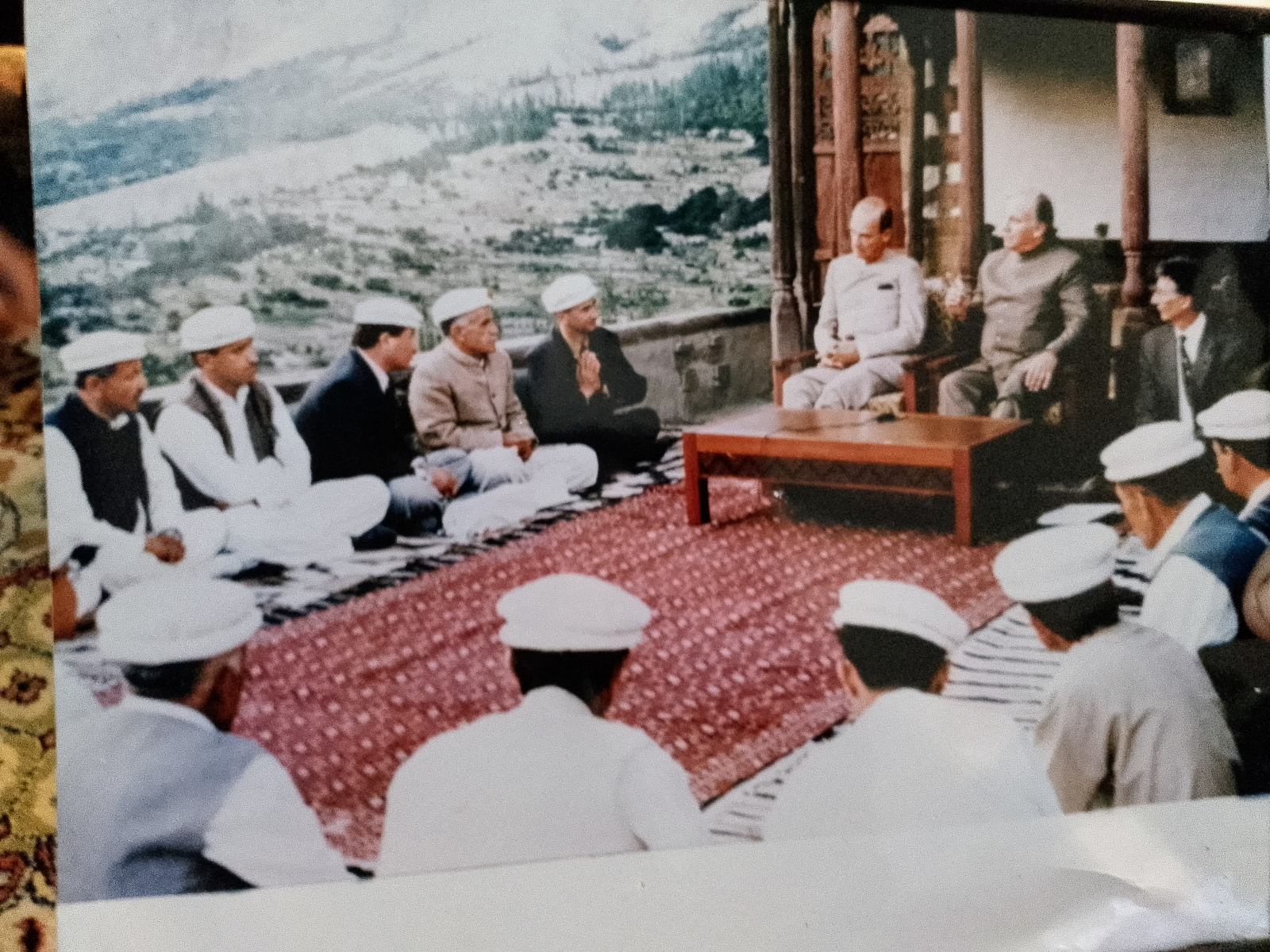Context: Public statement by RC Gilgit and feedback on HCF page: "After the incident of girls dance in a TV show at Gilgit, women are protesting by sharing their dance videos...I am loving it, Rok sako to.roko" Kosar Bano
The ethical values that are important to the AKDN agencies are:
5. Gender equity
Wherever an AKDN agency finds that local CSOs do not exhibit these ethical values, it is the agencies’ role to help them, just as much as making sure that their governance and management practices are in place. The following pages suggest how the AKDN agency could investigate these subjects, and decide on action.
In many societies women are marginalised, exploited, and given few chances to acquire education, experience or the chance to show their strengths. The CSO should demonstrate that it has a different opinion and is prepared to put such opinions into practice.
Gender refers to the social differences between women and men that are learned through socialisation, and which are not intrinsic characteristics of each sex. In nearly all societies women are discriminated against, and in some countries such discrimination is underpinned by tradition, custom, laws and religious observances.
An enormous amount is lost to a society when women do not have access to education, jobs, decision making and responsibility. Even more is lost if this is underpinned by domestic physical and sexual violence.
What can an AKDN agency do encourage gender equity?
1. The AKDN agency can make sure that staff and volunteer positions are accessible to women as much as men, and when traditions and culture block this, can work to break down such practices and be a model as a fair employer with regard to gender balance.
2. Look for ways in which the agency and the CSOs with which it associates can overcome some of the difficulties that women have in overcoming structural problems – such as making sure crêches exist for nursing mothers, and that transport (or security) is provided for women to come and go on CSO business.
3. Think of ways in which the usual imbalance of power between men and women can be re-aligned – e.g. by making evening classes available to women, giving them access to literacy materials, or making sure that they have access to credit.
4. As mentioned before, ascertain what organisations already work on gender equity issues and see if they can be helpful to your organisation.
5. Look for agencies, organisations, firms and government departments that are practising what you consider to be good gender relations, and hold them up as a model.
6. Have clear rules and regulations against abuse of women in your organisation, and practice zero tolerance for infractions.
7. Have services in place to help women connected to your organisation who may suffer from domestic violence or other physical and sexual violence.
GENDER EQUALITY
AKDN is committed to highlighting the key role of women in the development process and to facilitating their participation. At the same time, it looks for ways to engage with men around the attitudinal and structural changes that flow from programmes that benefit women.
AKDN’s commitment to gender equality is driven by research and experience, which have shown that taking gender considerations into account in planning economic and social interventions greatly increases the probability of their success.
In most countries and communities, gender determines both domestic and productive roles. Women generally have responsibilities for both, but their ability to contribute to society is constrained by social, cultural and political traditions. Compared to men, they tend to be less educated, more limited in their options and paid less. Yet women manage households, raise children, pass knowledge to the next generation, tend livestock, grow and process crops and often run businesses to supplement family income. Families and communities benefit exponentially when women reap greater rewards for their own efforts and labour. Once sustenance needs are covered, women quickly address the health and education needs of other generations.
Raising the competence and confidence of women – and, correspondingly, to open up the thinking of men – is a long-term commitment of the AKDN. In addition to supporting research and action aimed at making women's participation a reality, the AKDN supports women with village credit schemes, training in forestry, masonry, crop and livestock management, accounting and marketing. It encourages education and careers for women.
RELATED: UCA CURRICULUM- 7. Rhythm and Movement
The rhythm and Movement course will explore the great influence music has had on shaping human society and history. The main purpose of this course is to provide an introduction to dance and music as important disciplines within the humanities and to debate basic ideas related to the art's aesthetics. All the materials presented in this course are selected from different cultures and civilizations (Europe, America, Russia, some Muslim countries, and India, among others) that gave had direct or indirect links to the history and contemporary life of Central Asia. This course will allow the participants to freely question existing musical forms, groups, and ensembles and to challenge the ruling cultural, traditional and political attitudes concerning issues of professional or local musical performance, self expression, and the responsibilities of musicians to society.
Also read the concept of HCF.
Also read the concept of HCF.

